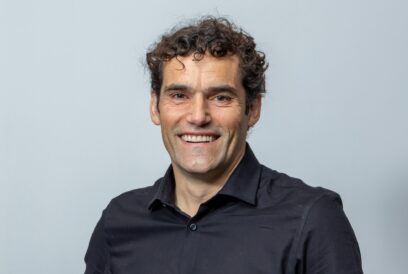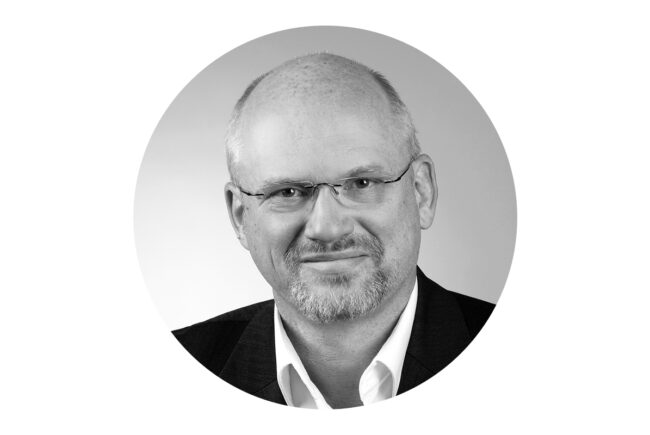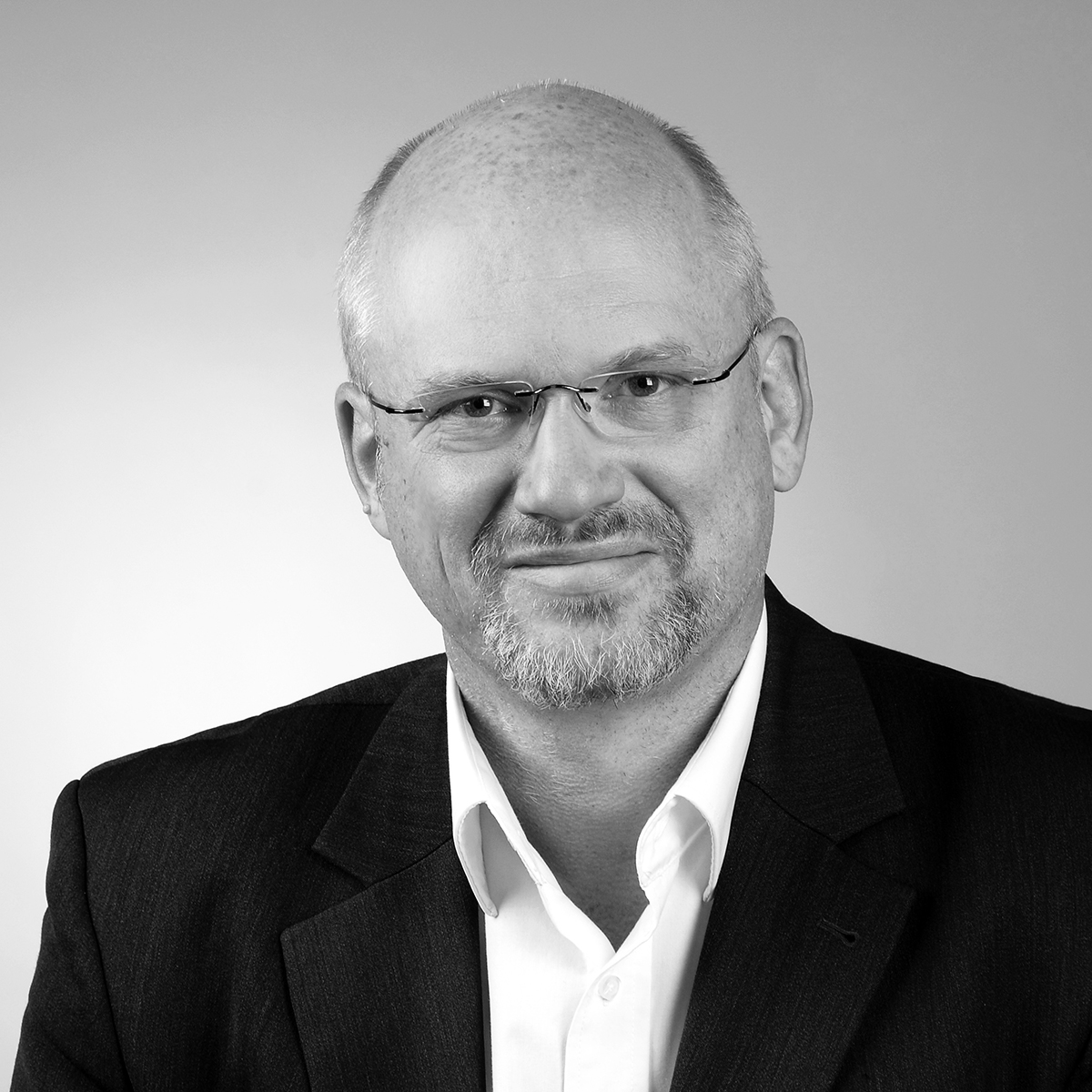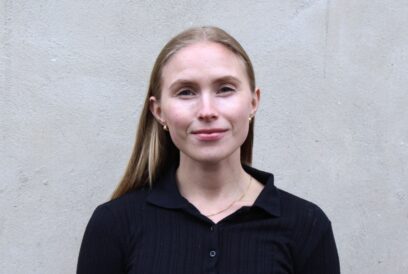

The adult education sector should try to unite around a common brand and agree on some key messages describing what we are doing, writes Uwe Gartenschlaeger, President of EAEA. The text is a column published in the Speakers' Corner series.
Although the situation is different in different parts of Europe, adult education is still very low on the global education agenda.
It is missing in SDG 4 and the Global Partnership for Education as the main funding mechanism still uses “Quality Education for all Children” as its main claim, thus repeating the stereotypes many actors have concerning the education sector.
Why are we still facing this situation despite all the successes and the fact that in the Nordic countries or Korea, for example, adult education is perceived as a major success factor?
Some of the reasons are linked to the very nature of adult education; some are the impact of developments and discussions from outside.
Years of neglect and low funding have relegated adult education to being perceived as sub-standard, poor-quality and low in prestige.
Firstly, adult education is ‘messy’ and difficult to define in universally accepted ways. Contrary to schooling, which is still perceived within the framework of a model developed in the western world, adult education varies in its manifestation and even wording, encompassing such concepts as popular education, adult literacy, non-formal education or folkbildning, to name but a few. What might be thrilling for us looks a bit confusing for those outside our inner circle.
Secondly, years of neglect and low funding have relegated adult education to being perceived as sub-standard, poor-quality and low in prestige. In many regions, we are confronted with a viscous circle: low funding leads to low quality and a lack of impact, which, in itself, leads to low funding.
Thirdly, adult education is complex to deliver and manage. It doesn’t offer ‘outcomes’ that are easy to explain and count.
Fourthly, adult education doesn’t have well-organised constituencies and advocates as compared to formal systems of education. Our global voices are weak and suffer from the fragmentation of adult education. We do not have, for example, powerful unions or global networks united around key messages.
Adult education doesn’t have powerful unions or global networks united around key messages.
Fifthly, the global discourse on education is dominated by economists who see education as an investment, which is most effectively focused on children, preferably young children. A sense of the needs of adult learning and personal development is missing.
Lastly, there is a chronic lack of reliable data on youth and adult education. As a result of the above-mentioned fragmentation and lack of resources, the database collected on adult learning is much weaker than on school education. This lack of evidence directly affects the recognition of our sector, although we are not so naïve as to think that political decisions are always taken based on evidence.
SO, WHAT CAN BE DONE TO CHANGE this gloomy picture?
First and foremost, I think our sector should try to unite around a common brand and agree on some key messages describing what we are doing, without losing the diversity and regional traditions of adult learning.
The attempt by the UNESCO Institute for Lifelong Learning to define Adult Learning and Education (ALE) as a global name for what we are doing is promising and deserves support.
In addition, we should try to capitalise on some discussions, which have the potential to strengthen the role of adult education.
Challenging the narrative that education is for children is essential.
One case is the SDGs: although adult education is not mentioned explicitly, it is inherent in the lifelong learning concept of SDG 4 as well as in many other targets. Education for Sustainable Development and Global Citizenship Education are other examples – we cannot cope with the current climate crisis without raising awareness of it and a sense of responsibility among youth and adults.
We should also more strongly communicate the conceptual reflections upon which the need for more adult education is based. Challenging the narrative that education is for children is essential. The history of European enlightenment and folkbildning provides evidence about the importance and impact of offering learning opportunities to all ages.
The current situation demands more adult education to enable all of us to make well-informed, balanced decisions in a complex world. Hopefully, we will be able to deliver this message even more successfully.
Author







